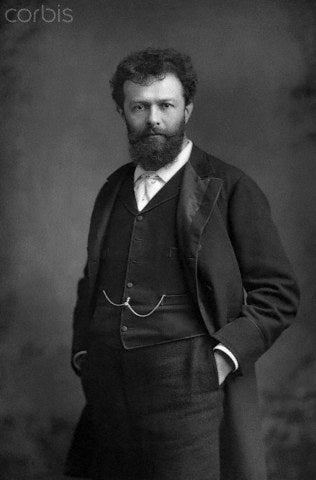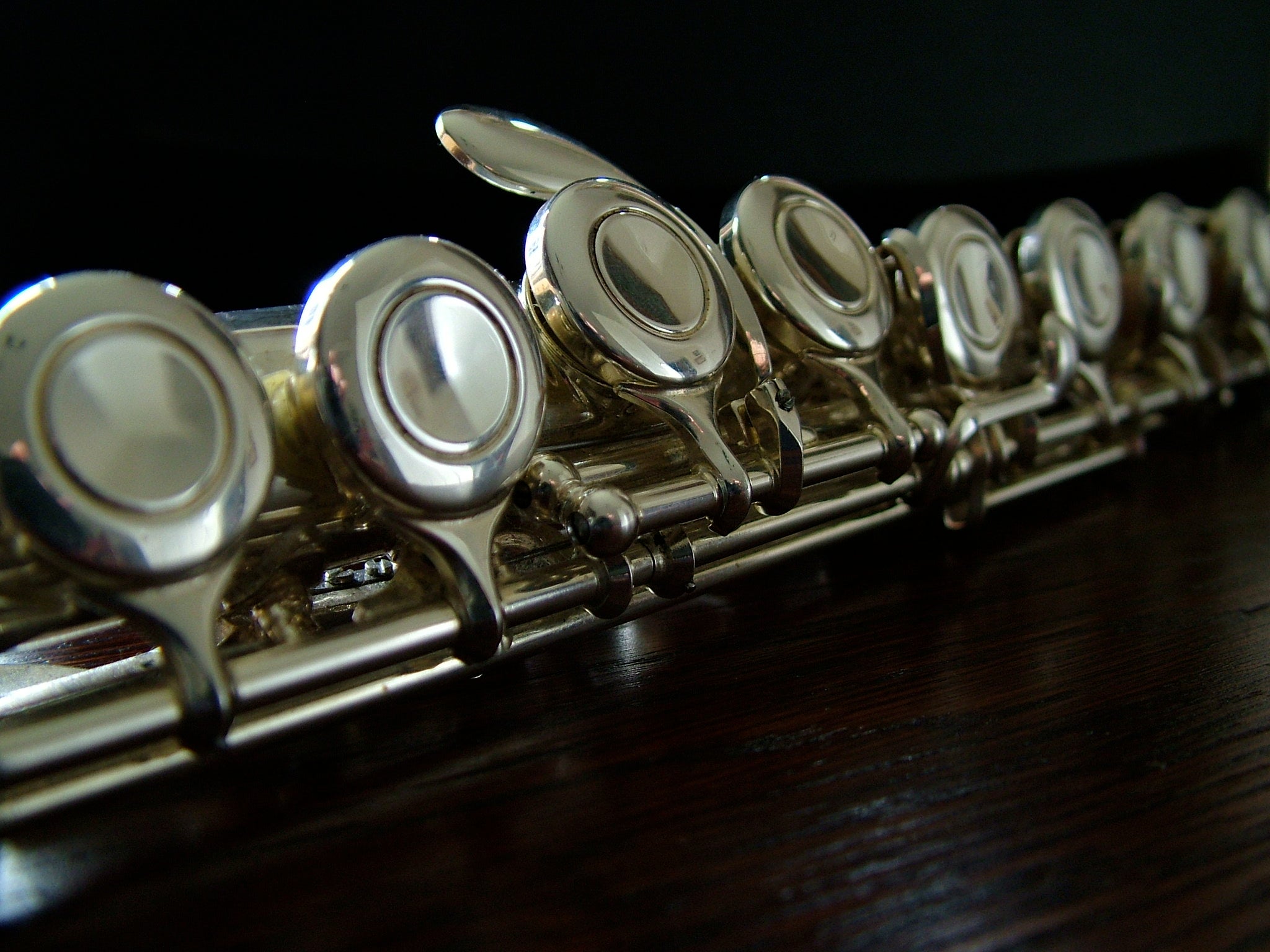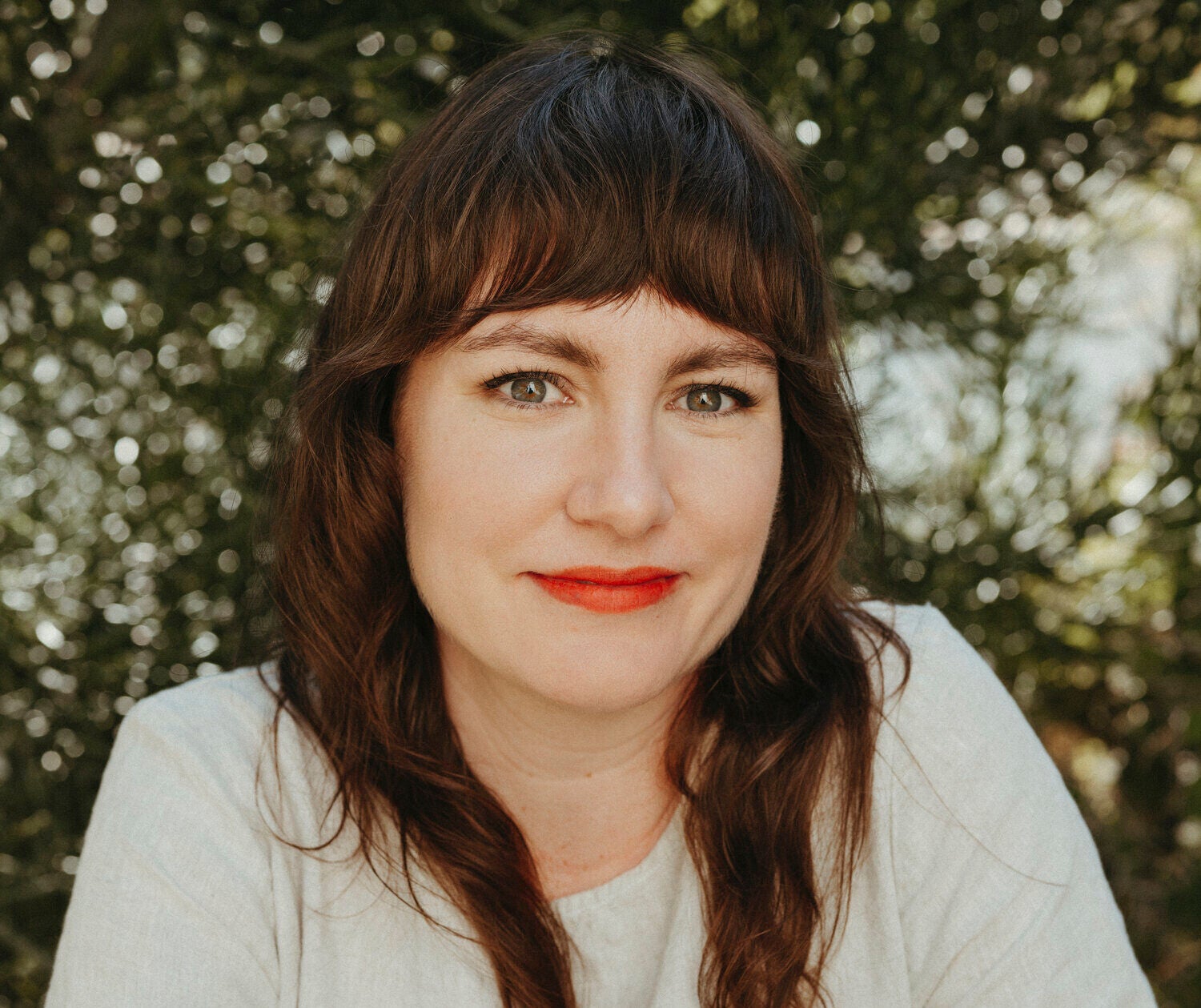In the summer of 1876, English baritone and composer George Henschel was vacationing on the German island of Rügen in the Baltic Sea. The day after his arrival, Johannes Brahms came up to visit him, and Brahms led Henschel to music in an unexpected place.
On July 10 Henschel bought a hammock and hung it between two trees in a beech forest with a view of the sea. “We both managed to climb into it simultaneously, an amusing, though by no means easy task to accomplish,” Henschel recalled.
Henschel remembered an idle hour or two as Brahms, in a cheerful mood, “went from one charming, interesting story to another, in which the gentler sex played a not unimportant part.”
News with a little more humanity
WPR’s “Wisconsin Today” newsletter keeps you connected to the state you love without feeling overwhelmed. No paywall. No agenda. No corporate filter.
Then they went looking for one of Brahms’ favorite places, a frog pond, that eluded them for awhile since Brahms’ sense of direction left something to be desired. After walking across long stretches of “waste moorland” and not seeing another person, they finally found a small pool in the middle of a wide field of heather.
Listening to the call of the bullfrogs, Brahms asked, “Can you imagine anything more sad and melancholy than this music, the indefinable sounds of which for ever and ever move within the pitiable compass of a minor third?”
The enchanted composer went on. “Here we can realize how fairy tales of enchanted princes and princesses have originated. Listen! There he is again, the poor king’s son with his yearning, mournful C-flat!”
Brahms and Henschel stretched out in the low grass, lit cigarettes, and lay listening for half an hour.
Henschel noted that the songs Brahms wrote about that time made frequent use of the interval he heard in the call of the bullfrogs.
George Henschel tells the story in his 1918 memoir Musings and Memories of a Musician.
Wisconsin Public Radio, © Copyright 2025, Board of Regents of the University of Wisconsin System and Wisconsin Educational Communications Board.






